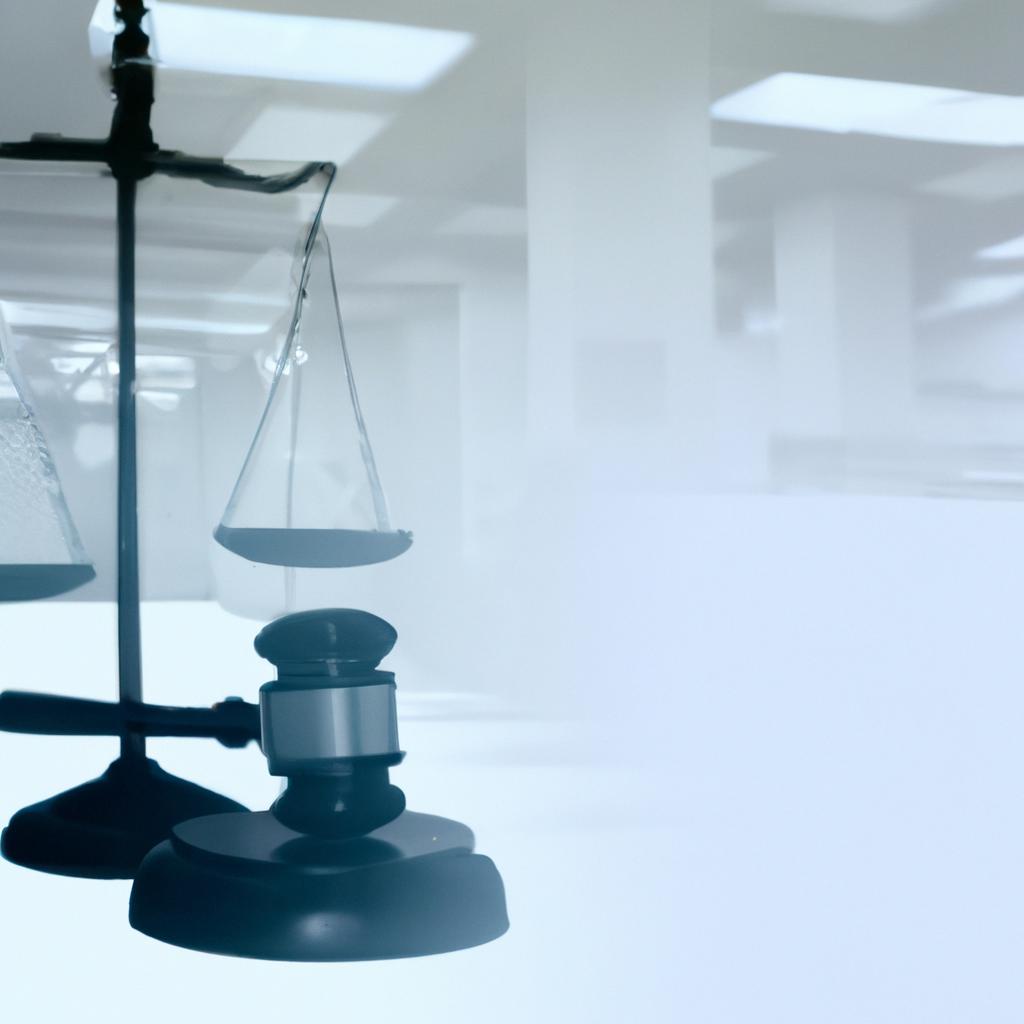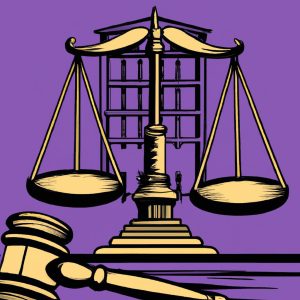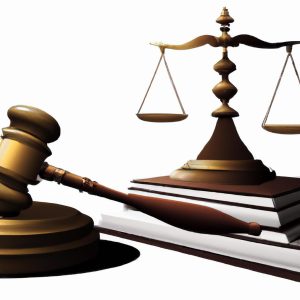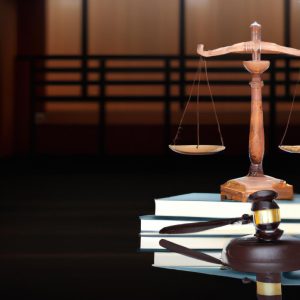In the intricate world of real estate transactions, the distinction between having one’s name on the deed versus the mortgage can have significant implications. As experienced attorneys at Morgan Legal Group in New York City, we continuously witness the confusion and questions surrounding this scenario. Understanding the nuances of this situation is crucial in ensuring that your interests are protected and your rights are upheld. Let us delve into the intricacies of what it truly means if your name is on the deed but not the mortgage.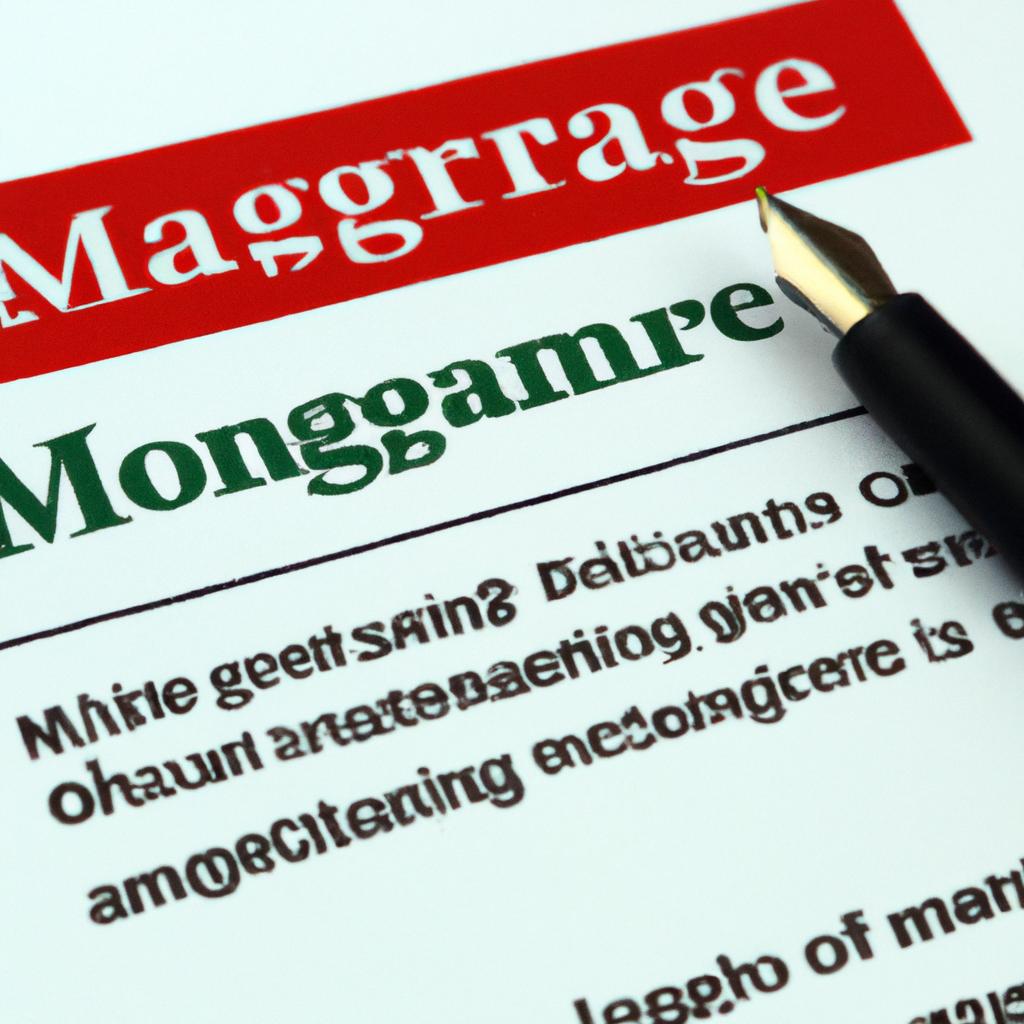
Understanding the Legal Implications of Having Your Name on the Deed but Not on the Mortgage Agreement
When your name is on the deed but not the mortgage agreement, it typically means that you own a share of the property, but you are not responsible for repaying the mortgage. This arrangement can have several legal implications that you should be aware of.
Some of the key implications of having your name on the deed but not the mortgage include:
- Ownership Rights: You have a legal claim to the property and may be entitled to a share of any proceeds from its sale.
- Liability: While you are not responsible for repaying the mortgage, you could be at risk if the mortgage goes into default.
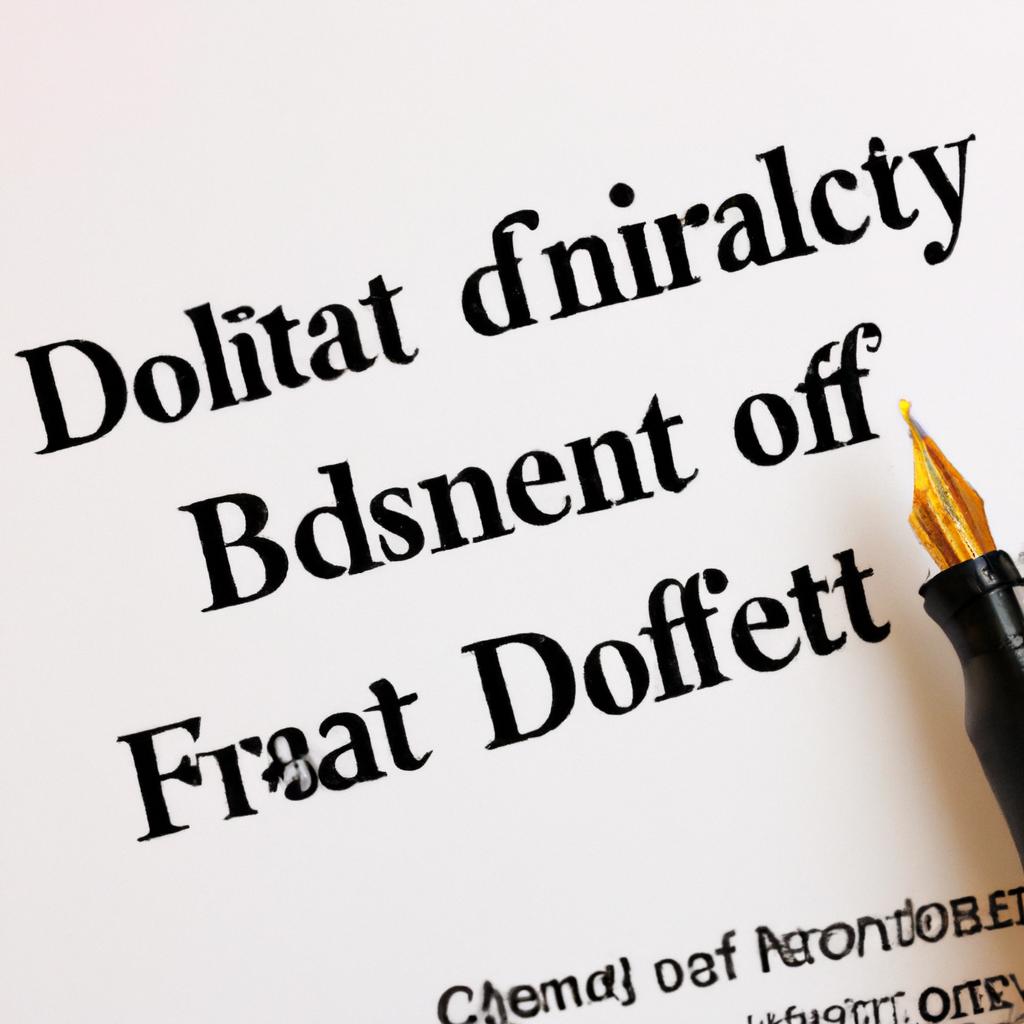
Potential Risks and Benefits of Being Named on the Deed Only
When your name is on the deed but not the mortgage, there are potential risks and benefits to consider. Being named on the deed means that you have legal ownership of the property, but not necessarily any financial responsibility for the mortgage. This can have both positive and negative implications for your financial and legal standing.
On the one hand, being named on the deed only can protect your ownership rights in the property, ensuring that you have a claim to the property in case of disputes or changes in ownership. However, it also means that you may not be able to benefit from certain tax deductions or credits associated with mortgage payments. It is important to carefully consider the implications of being named on the deed only and consult with a legal professional to fully understand your rights and responsibilities in this situation.
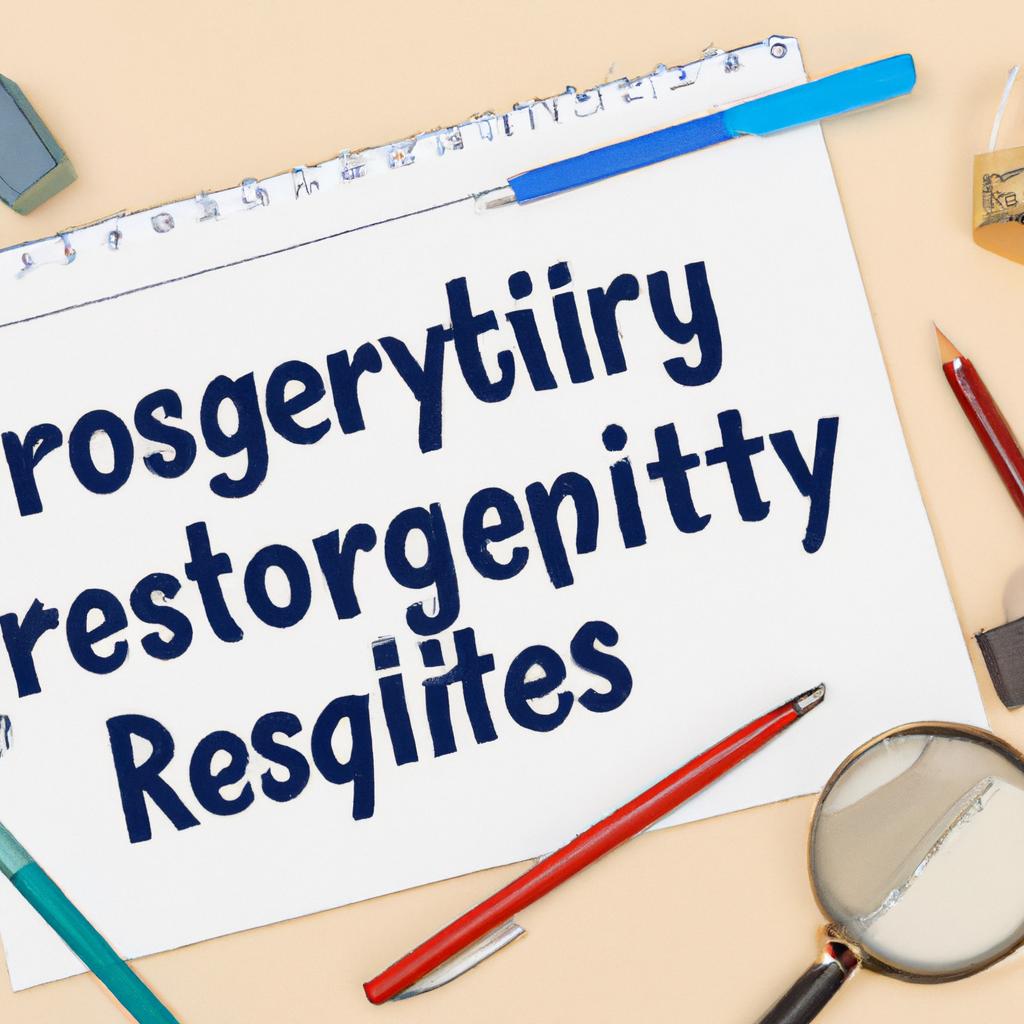
Exploring Recommendations for Safeguarding Your Interests in Property Ownership
If your name is on the deed but not the mortgage, it means that you are the legal owner of the property, but you are not financially responsible for the mortgage payments. This situation can arise in various scenarios, such as when a parent adds a child’s name to the deed for estate planning purposes, or when a couple purchases a property together but only one person’s name is on the mortgage.
It’s important to understand the implications of having your name on the deed but not the mortgage. Here are some key considerations:
- Legal ownership: Your name on the deed means that you have legal ownership of the property and the right to possess and use it.
- Financial responsibility: Even though you are not on the mortgage, you may still be responsible for property taxes, insurance, and maintenance costs.
- Equity sharing: If you are not on the mortgage but contribute to the mortgage payments or other expenses, you may have a claim to a share of the property’s equity.

Navigating the Complexities of Joint Ownership without Mortgage Responsibility
When your name is on the deed but not the mortgage, you are considered a joint owner of the property without the responsibility of the mortgage payments. This arrangement can arise in various situations, such as when purchasing a property with a family member, business partner, or spouse. While this may seem like a straightforward setup, requires careful consideration and planning.
As a joint owner without mortgage responsibility, it is crucial to understand the legal implications of this arrangement. Some key points to keep in mind include:
- Ownership Rights: Being on the deed gives you ownership rights to the property, such as the ability to live in it, rent it out, or sell your share. However, you are not responsible for the mortgage payments.
- Financial Risks: While you may not be responsible for the mortgage payments, you could still be at risk if the mortgage goes unpaid. It is essential to have a clear agreement in place with the other joint owners to protect your interests.
Q&A
Q: What does it mean if your name is on the deed but not the mortgage?
A: When your name is on the deed but not the mortgage, it indicates ownership of the property without financial responsibility for the loan.
Closing Remarks
In conclusion, understanding the implications of having your name on the deed but not the mortgage is essential for navigating real estate ownership. Whether you are a co-owner or a silent partner, clarity and communication are key in ensuring a smooth and successful property ownership experience. Make sure to consult with legal professionals and financial advisors to fully grasp the responsibilities and benefits associated with your unique situation. Remember, with the right knowledge and support, you can confidently navigate the intricacies of property ownership with ease.

